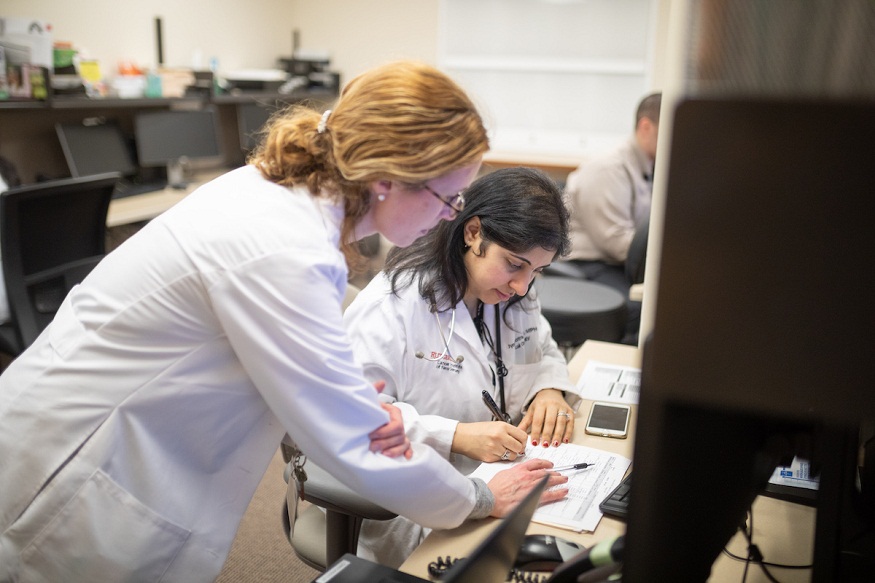In the labyrinth of our body, there’s a silent hero – the liver. It works hard, often without any fanfare. Just like a diligent postman, it sorts, processes, and distributes vital nutrients day in and day out. But, when it is under siege from chronic diseases, it needs a specialist – a gastroenterologist. Gastroenterologists play a crucial role in managing chronic liver disease. In the pancreatic cancer university office, their expertise is especially vital. Today, we’ll explore this role in more detail.
Understanding Chronic Liver Disease
Chronic liver disease is like a slow, silent storm. It creeps up on people over many years. It’s not a single condition but a collection of conditions that damage the liver over time. The damage is slow, progressive, and often irreversible. It leads to scarring of liver tissue, known as cirrhosis, and can eventually lead to liver failure. Chronic liver disease can take different forms, such as hepatitis, alcoholic liver disease, and nonalcoholic fatty liver disease.
The Role of a Gastroenterologist
The liver is a complex organ, and its health is the domain of gastroenterologists. They are medical specialists trained in diagnosing and treating diseases of the liver and digestive system. Think of them as detectives. They analyze medical history, conduct physical examinations, and order tests to diagnose liver disease. Once a diagnosis is made, they plan and administer the appropriate treatment. You can also view them as coaches. They guide patients through the journey of managing and living with chronic liver disease, providing advice on diet, lifestyle changes, and medication management.
Comparison of Gastroenterologists’ Roles
| Role | Example |
| Diagnostic role | Ordering and interpreting liver function tests, and imaging studies. |
| Treatment role | Prescribing medication, recommending lifestyle changes. |
| Preventive role | Vaccination, screening for liver cancer. |
Why Their Role is Important
Gastroenterologists’ role is preventive, therapeutic, and educative. They screen patients at risk of developing chronic liver disease. They educate patients about the risks of excessive alcohol consumption, obesity, and viral hepatitis. They monitor and treat patients with chronic liver disease to prevent complications such as cirrhosis, liver failure, and liver cancer.
Their role is especially vital in the pancreatic cancer university office. They collaborate with oncologists to manage complications of pancreatic cancer that can affect the liver, such as jaundice and liver metastases.
In summary, a gastroenterologist is an ally against chronic liver disease. Their expertise is vital in early detection, effective treatment, and prevention of complications. They are the heroes in our bodies’ labyrinth, working tirelessly to keep the silent hero, our liver, healthy and functional.

